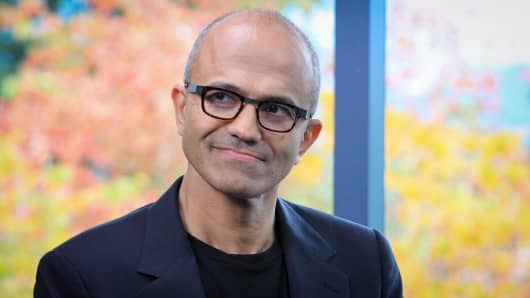A few companies like Microsoft are continuing to buy back billions in their own stock, but last quarter saw a significant decline in the number of companies making such large repurchases.
The number of S&P 500 companies with buybacks over $1 billion dropped to a 3-year low in the second quarter of 2016, according to data released by FactSet this week. Overall, fewer companies were opting to buy back any stock at all, marking the lowest participation rate since the end of 2010.
Microsoft announced Wednesday that it was authorizing up to $40 billion in buybacks. (The software company did not reveal a timeframe for the buybacks and told CNBC it has "nothing further to share" on timing.)
In the last quarter, we've seen other big spenders including Apple ($10.9 billion) and GE ($7.6 billion). Those two companies are also leading the market for most stock repurchased in the last 12 months.






